
A medical worker inoculates a man with a dose of COVID-19 vaccine at a vaccination center in Jakarta, Indonesia, Sept 24, 2021. (Photo/Xinhua)
Vaccine nationalism amid the COVID-19 crisis has been disappointing, said Aaditya Mattoo, World Bank chief economist for East Asia and Pacific Region, urging policymakers to boost trade openness to rein in the virus and support recovery.
"I am a trade economist and all my life, I believed that production should happen where it is most efficient and then be distributed to where there is greatest need," Mattoo told Xinhua in a remote video interview Monday.
"But this crisis has disappointed me because instead of countries pursuing a globally optimal cooperative strategy, there has been what we call vaccine nationalism," Mattoo said.
According to the World Bank's East Asia and Pacific Fall 2021 Economic Update, vaccination in the region faces three major constraints, as availability held back vaccination rates in larger countries like Indonesia, the Philippines and Vietnam, smaller, poorer countries are constrained by limited distribution infrastructure, and there is also vaccine hesitancy.
Faced with vaccine nationalism, Mattoo said "perhaps not nationally, but at least regionally," it is necessary to have reliable supplies, so countries are "not hostage to a situation where other countries do not share vaccines."
In addition, the trade economist called for allowing easier access and facilitating transfer of vaccine technology, where the whole world can work together to expand production now.
"You see the perverse result of a strategy that just focuses domestically, because if you do not suppress infection outside your country, you will remain vulnerable to the emergence of new variants," he said.
"We might be condemned to a perpetual race between vaccines and variants, and we need to win that race globally, not nationally," he added.
The World Bank estimates that most countries in the East Asia and the Pacific region can vaccinate more than 60 percent of their populations by the first half of 2022, which would significantly reduce mortality, allowing a resumption of economic activity.
Apart from vaccination, Mattoo said there needs to be a complimentary strategy, which consists of precautionary behaviors, such as wearing masks, social distancing, as well as sustained testing, tracing and isolation, calling it the "second arrow in our quiver" to deal with this disease.
The latest report noted that the East Asia and Pacific region's recovery has been undermined by the spread of the COVID-19 Delta variant, and growth forecasts have been downgraded for most countries in the region.
While China's economy is projected to expand by 8.5 percent, up 0.4 percentage point from April projection, the rest of the region is forecast to grow at 2.5 percent, 1.9 percentage points less than forecast in April, the report showed.
Noting that there is variation across countries, Mattoo said some countries like China have been relatively successful in at least keeping this virus at bay, but other countries which had done well previously, especially like Vietnam and Malaysia, are now struggling to contain it and are suffering a "significant" contraction in economic activity.








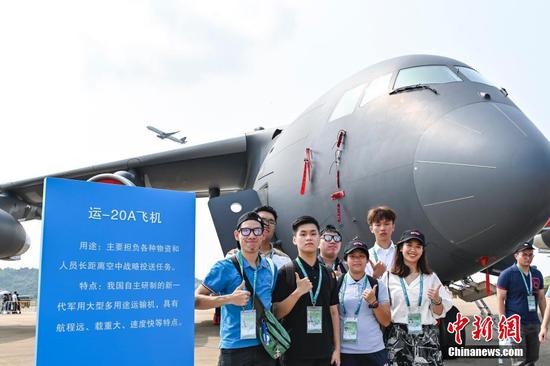


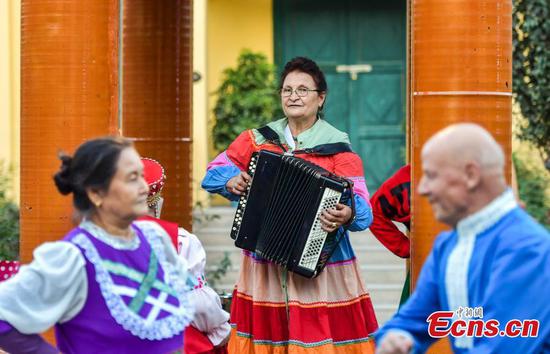






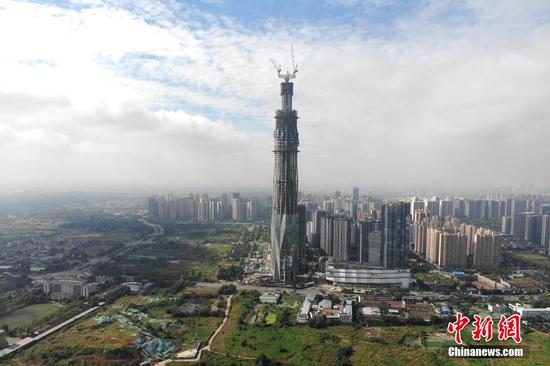



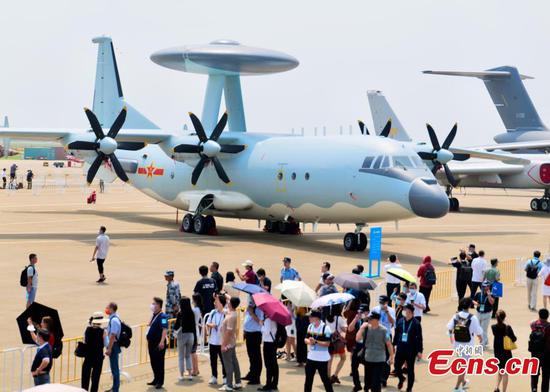
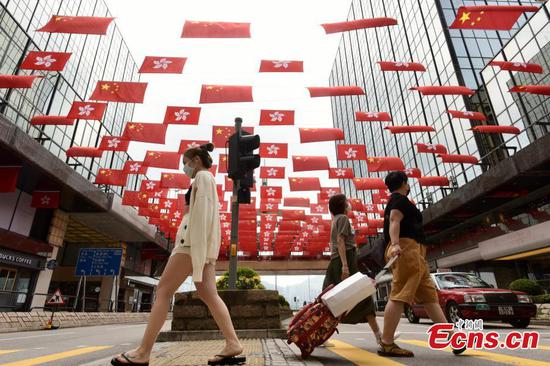

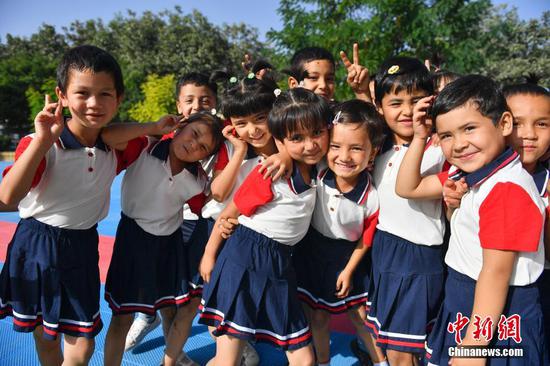
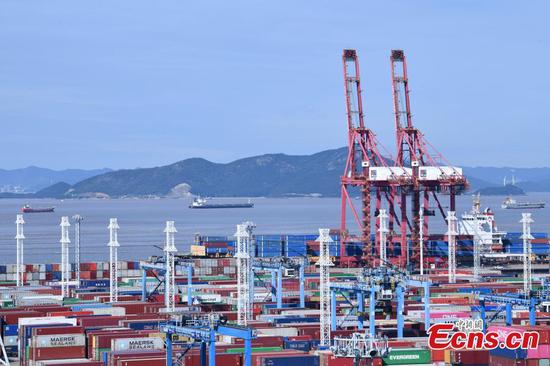
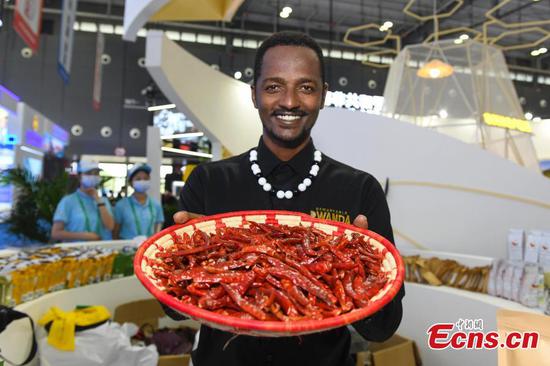
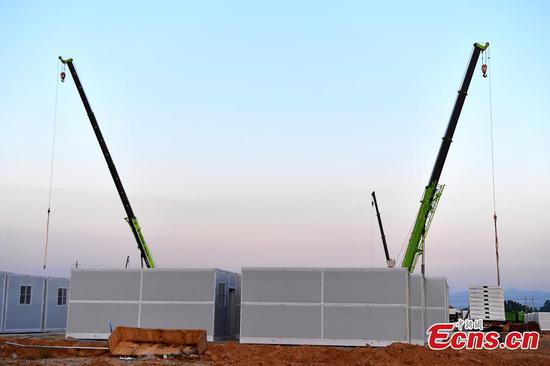
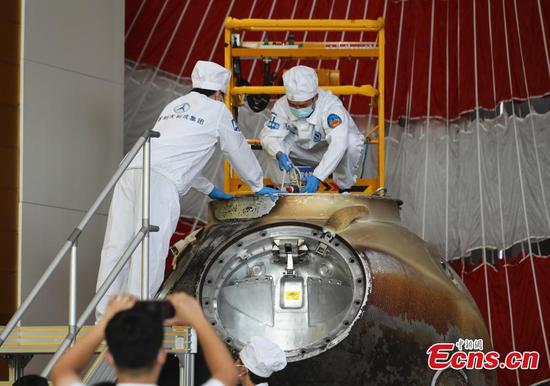



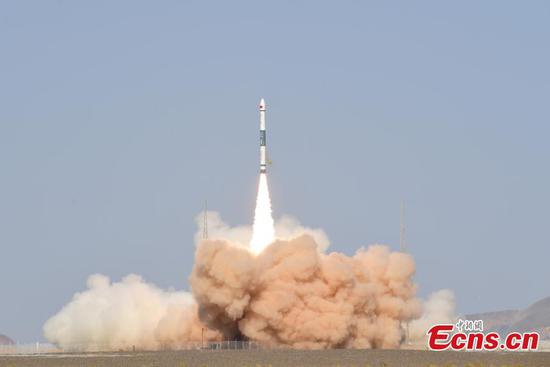
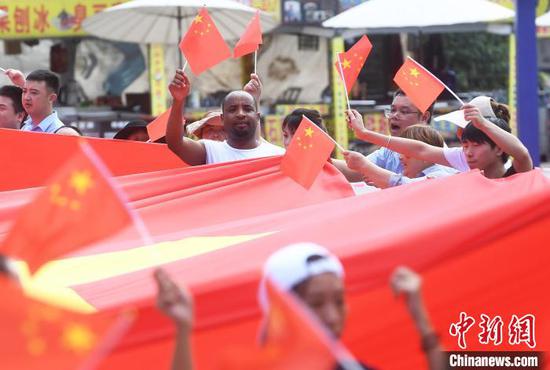
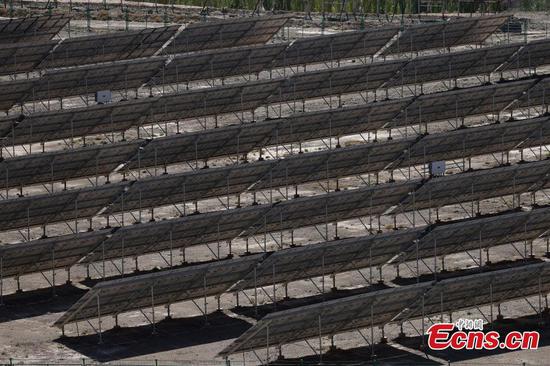
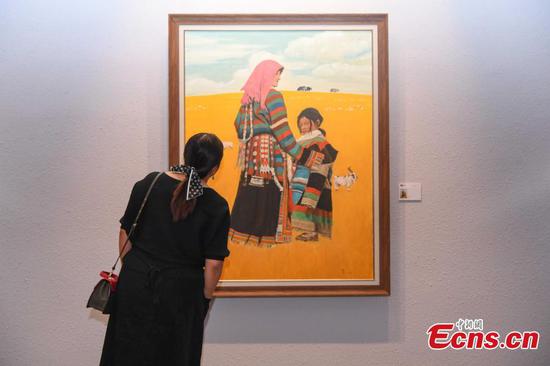

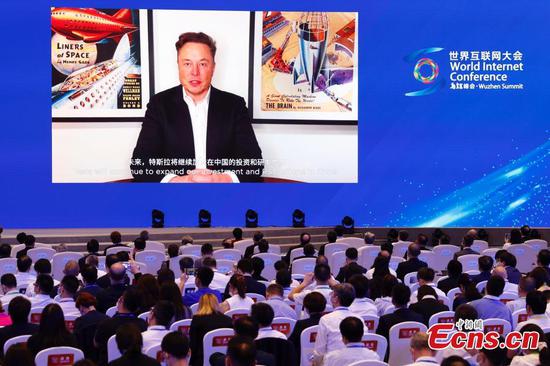
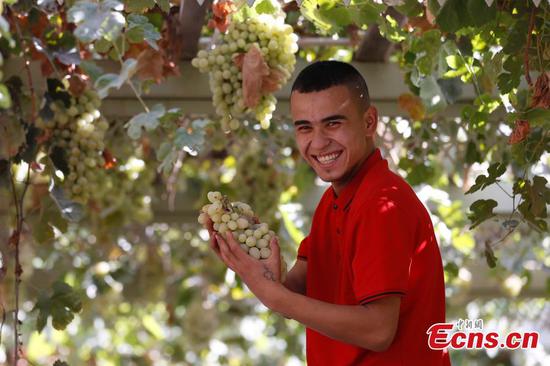




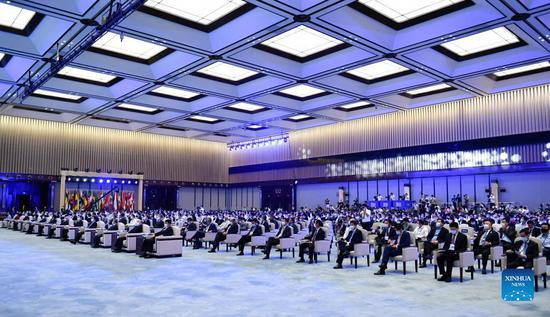





 京公网安备 11010202009201号
京公网安备 11010202009201号